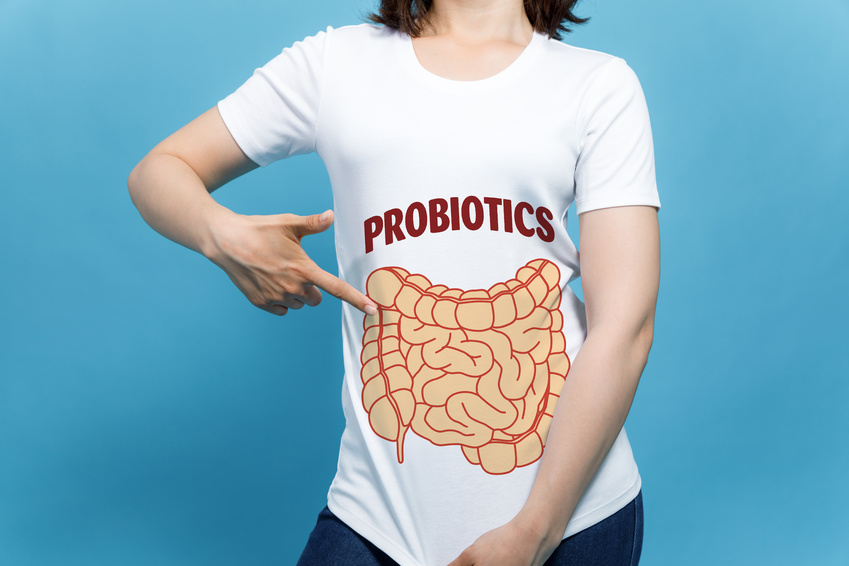Managing menopause
May 28, 2021Polyphenols
June 24, 2021 Headache disorders (of which migraine is one) are among the most common disorders of the nervous system and it has been estimated that almost half of the adult population have had a headache at least once within the last year. Given the year we have just had however this figure may be considerably underestimated.
Headache disorders (of which migraine is one) are among the most common disorders of the nervous system and it has been estimated that almost half of the adult population have had a headache at least once within the last year. Given the year we have just had however this figure may be considerably underestimated.
Migraine can be an extremely debilitating disorder to live with and is more common in women. This is usually by a factor of about 2:1 due to hormonal influences. We usually associate migraines with a decline in oestrogen and the withdrawal of this hormone at the end of the menstrual cycle or on the pill-free week of the oral contraceptive. Oestrogen has effects on the vasculature and also on neurotransmitter and pain reception which can makes things worse. However, initial development of migraine is commonly associated with high levels of oestrogen and for some people first presentation occurs in pregnancy. There are also hypotheses that this is related to the genetics of oestrogen metabolism and/or oestrogen receptors.
So for migraine sufferers it’s even more important to promote hormonal balance as much as possible. Yes, hormones will rise and fall during your cycle but the higher they rise, the further they have to fall. Read more here about how to balance hormones naturally so that period of withdrawal is not so severe.
Impact of stress
Hormones are a complex web and are all interlinked. Stress has a major impact on hormonal balance and stress is always something we will look at in clinic as an underlying cause or contributing factor in migraine. We often use DUTCH testing to assess overall cortisol output and pattern.
Migraine and microbiome
For some migraine sufferers there may be a link to their digestion. Our digestive tract is home to 80% of our immune system and much systemic inflammation can be triggered at this site. Inflammation is a key pathway involved in migraine headache, pain and other symptoms. The gut brain connection is very important. A number of hormones and neurotransmitters which play essential roles in the brain are produced primarily in the gut. The gut is referred to as the ‘second brain’.
Imbalances in our microbiome are connected with inflammation and production of molecules that cause blood vessels to dilate. If these blood vessels are in the brain, this can be another major pathway in migraine. There is also a link with increased migraine and Small Intestinal Bacterial Overgrowth or SIBO and Helicobacter Pylori infection. There is significant ongoing research into the connection between our microbiome and brain health, including migraine.
Common migraine dietary triggers
A number of dietary triggers have been shown to promote a migraine attack in susceptible individuals. Eliminating these foods, in addition to identifying other individual triggers may, therefore, help to alleviate migraine attacks in some people. These triggers include:
- Monosodium glutamate (MSG). MSG is widely used as a food additive for the enhancement of flavors in many products including frozen pizza, baking mixtures, bouillon cubes, breaded foods, canned meats, tortilla chips, dry roasted peanuts, some frozen dinners, oriental foods, processed meats etc.
- Foods containing the amino acid tyramine. Tyramine raises amine levels within the body. Amines are substances that are capable of changing the size of blood vessels. When the balance of amines is altered in the body a migraine can be triggered. Foods containing tyramine include all aged cheese (e.g. Stilton, Brie, Roquefort and Camembert), yoghurt, sour cream, all cured meat (e.g. pates, salami, pastrami, pepperoni, corned beef), pork, game, offal, salted, pickled or smoked fish, yeast concentrates and confectionary (e.g. chocolate, chocolate desserts, chocolate drinks).
And also ….
- Histamine containing and releasing foods including well-ripened cheeses e.g. camembert, continental sausages, cured meats, mackerel, tuna, shellfish (bacteria in some fish produce a cocktail of substances including a large quantity of histamine), strawberries, bananas, tomatoes, alcohol and chocolate.
- Nitrates – Used for centuries as a meat preservative. Nitrates produce a dilation of the blood vessels, which, for sensitive individuals may trigger a pounding headache. Foods containing nitrates include tinned ham, hot dogs, corned beef, salami, bacon, pepperoni, smoked fish and sausages.
- Lactose (milk sugar) can trigger a migraine in people who are low in the enzyme lactase. This enzyme normally digests lactose in the intestines.
- All alcoholic drinks, particularly red wines, beer, sherry and some white wines. The effects of alcohol can be twofold: dilating the blood vessels and raising the amine levels.
Important nutrients
Critical nutrients like magnesium and B vitamins may be helpful for migraine. B2 specifically has been shown to impact the vasculature and energy production in the brain, albeit in particularly high doses. We generally recommend a B complex because B6 is also useful for PMS and hormonal balance and B5 is also important for stress. All the B vitamins work in concert together.
70% of people consuming a ‘western’ diet do not get enough magnesium. Best sources are nuts and seeds so aim to snack on these daily or add to yoghurt, salads or breakfasts. Discuss a magnesium supplement or testing with us if you feel you may benefit from higher levels. If you would like more information about the services we offer please get in touch.


